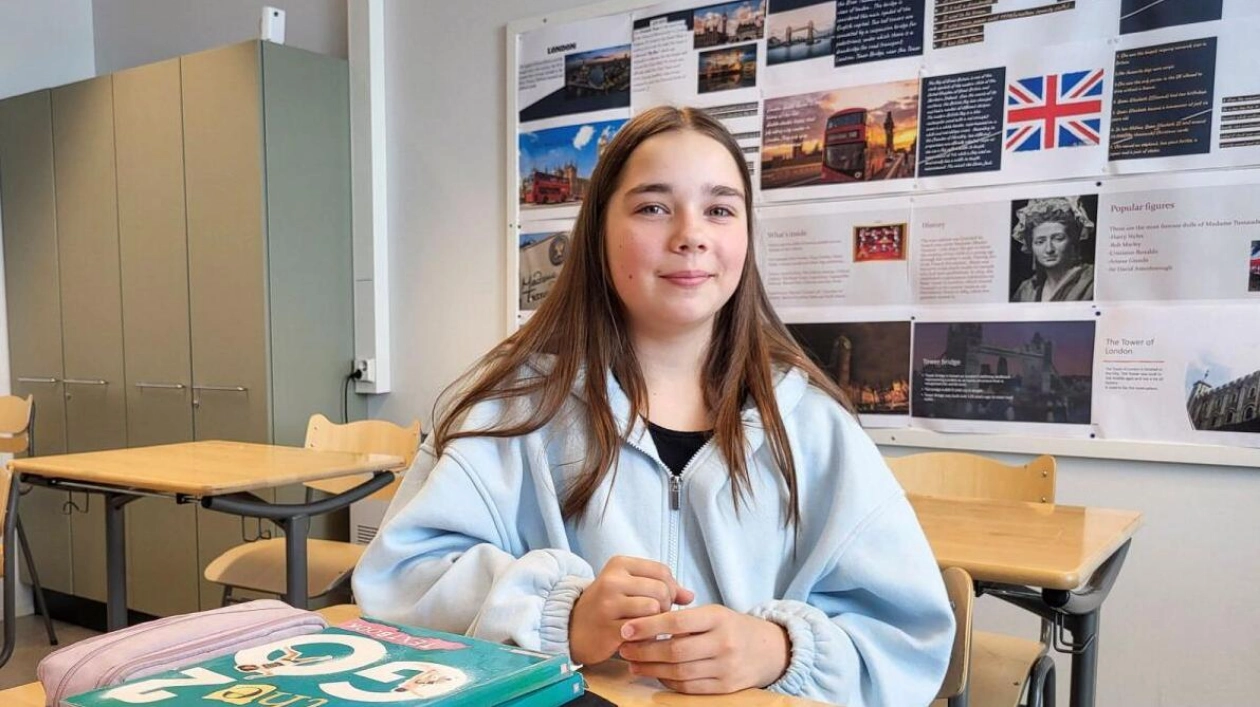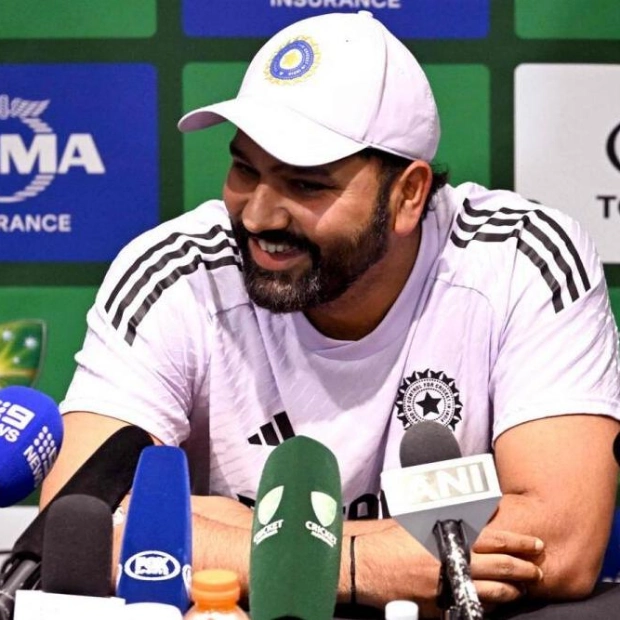This fall, students in the Finnish town of Riihimaki returned to school with backpacks brimming with books, marking a departure from a decade-long state-sponsored push for laptops and other digital devices in the classroom. Finland's public education system has garnered international acclaim for its stellar performance over recent decades and its willingness to experiment with innovative teaching methods. Until recently, many schools provided free laptops to all students starting from the age of 11. However, Finnish parents and educators, like their counterparts elsewhere, have grown increasingly worried about the effects of screen time on children.
Riihimaki, a town of approximately 30,000 residents located 70km north of Helsinki, which had ceased using most books in middle schools since 2018, is now attempting a different approach for the start of this academic year: a return to pen and paper. 'Young people are already inundated with phones and digital devices, so we didn't want school to be another place where children are glued to screens,' explained Maija Kaunonen, an English teacher at Pohjolanrinne middle school. The constant distractions associated with digital devices have rendered many children restless and unable to concentrate.
'Most students rushed through exercises just to get to playing games and chatting on social media,' she told Reuters during a class break. 'They could switch tabs in the browser in a flash. So when the teacher approached, they could claim, 'Yes, I was doing this exercise.' Across Finland, children's academic performance has been gradually declining in recent years, prompting the government to draft new legislation to prohibit the use of personal devices, such as phones, during school hours to reduce screen time.
Improved focus has been one of the benefits noted by students. Elle Sokka, 14, admitted that she didn't always concentrate on her schoolwork when learning digitally. 'Sometimes I would wander off to different websites,' she said. Eighth graders Miko Mantila and Inka Warro, both 14, reported that their concentration has improved since the return of books. 'Reading is much easier, and I can read faster from books,' Mantila said, though she added that writing was more convenient on a digital device. 'And if you have to do homework late at night, it's easier to fall asleep when you haven't been staring at a device,' Warro noted.
Minna Peltopuro, a clinical neuropsychologist involved in the town's initiative, emphasized the need to minimize total screen time—Finnish teenagers currently average up to six hours of screen time per day—as excessive digital use poses both physical and mental risks, including eye issues and rising anxiety. 'Another concern is multitasking,' Peltopuro said. 'The brain is highly susceptible to multitasking, and especially at a young age, it's difficult to manage effectively.'






